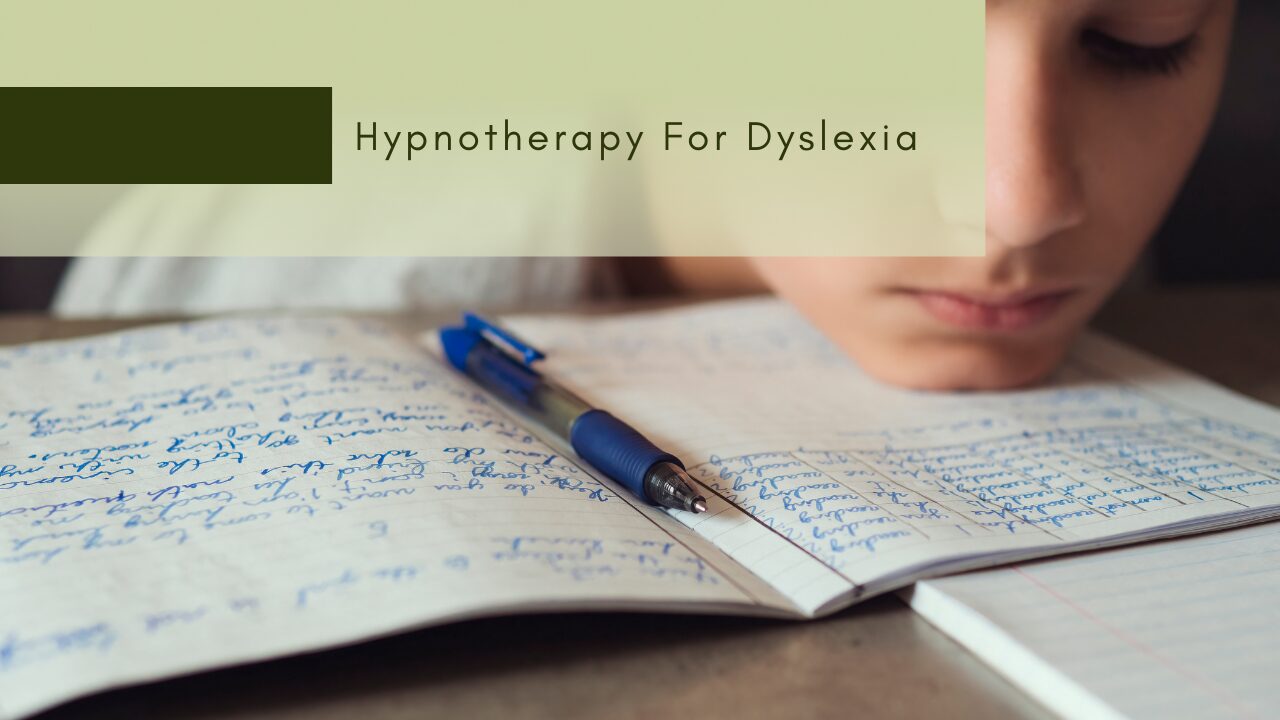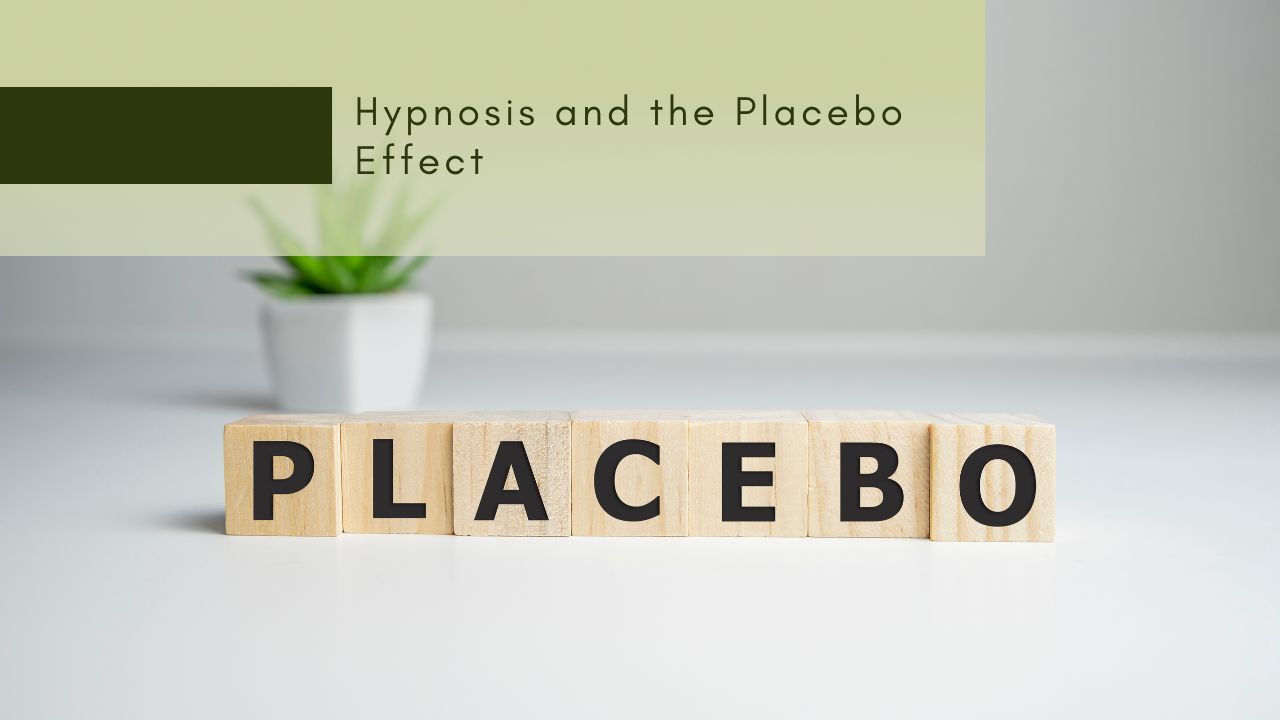In this article we will learn more about dyslexic persons life and about the possibility of using hypnotherapy for dyslexia treatment.
What is Dyslexia and How Does It Affect a Person’s Learning Process?
Dyslexia is a neurodevelopmental disorder that affects a person’s ability to read, write, and spell. It is a common learning disability that is characterized by difficulties with accurate and/or fluent word recognition and by poor spelling and decoding abilities. Dyslexia is not related to intelligence, and individuals with dyslexia often have average to above-average intelligence.
Can Hypnotherapy Provide a New Approach to Managing Dyslexia?
There is limited scientific evidence to support the use of hypnotherapy as a standalone intervention for managing dyslexia. Dyslexia is a neurodevelopmental condition that primarily involves difficulties with phonological processing, word recognition, and spelling. While hypnotherapy has been explored in various contexts, its role in addressing the core challenges of dyslexia remains a subject of limited research.
What Hypnotherapy Techniques are Beneficial for People with Dyslexia?
There is limited scientific evidence specifically addressing the use of hypnotherapy techniques for individuals with dyslexia. The use of hypnotherapy for dyslexia should be considered within a broader context of evidence-based interventions, including educational strategies and support.
The following are some hypnotherapy techniques that might be considered in the context of supporting individuals with dyslexia:
-
Stress Reduction and Relaxation Techniques:
- Hypnotherapy can include relaxation techniques aimed at reducing stress and anxiety, which may be experienced by individuals with dyslexia. Relaxation methods, such as deep breathing, progressive muscle relaxation, or guided imagery, may contribute to a more positive emotional state.
-
Building Confidence and Positive Self-Image:
- Hypnotherapy can be used to work on building confidence and fostering a positive self-image. This may involve addressing negative beliefs or self-perceptions related to dyslexia and promoting a more optimistic mindset.
-
Visualization and Mental Rehearsal:
- Visualization techniques may be utilized to help individuals mentally rehearse positive scenarios related to reading and academic activities. Imagining successful reading experiences and positive outcomes can contribute to a more confident approach to learning.
-
Positive Affirmations and Suggestions:
- Incorporating positive affirmations and suggestions during hypnotherapy sessions can be aimed at reinforcing positive beliefs about one’s abilities and potential for success. These suggestions may focus on learning, reading, and academic achievement.
-
Focus and Concentration Enhancement:
- Hypnotherapy may include techniques to enhance focus and concentration, which can be beneficial for individuals with dyslexia during learning activities. Improving attention and concentration may contribute to more effective learning strategies.
-
Goal Setting and Motivation Enhancement:
- Setting and visualizing achievable goals can be part of hypnotherapy sessions. This may include setting goals related to academic achievements and fostering motivation to overcome challenges associated with dyslexia.
-
Emotional Regulation Strategies:
- Hypnotherapy can help individuals develop strategies for emotional regulation, particularly in response to challenges related to dyslexia. Learning to manage frustration, stress, and negative emotions can contribute to a more positive learning experience.
It’s important to emphasize that the effectiveness of these techniques may vary among individuals, and their impact on dyslexia-related challenges is not well-established through rigorous scientific research. Additionally, any use of hypnotherapy should be approached in consultation with professionals who specialize in dyslexia and related fields, and it should be integrated into a comprehensive, evidence-based support plan.
How Can Hypnotherapy Improve Self-Confidence and Stress Management for Dyslexics?
Hypnotherapy can be utilized to improve self-confidence and stress management for individuals with dyslexia by addressing the emotional and psychological aspects associated with the condition. While it may not directly target the core cognitive difficulties related to dyslexia, hypnotherapy can help individuals develop a more positive mindset, enhance self-esteem, and develop effective stress management strategies. The following are some ways in which hypnotherapy may contribute to improving self-confidence and stress management for dyslexics:
-
Positive Affirmations and Suggestions:
- Hypnotherapy often incorporates positive affirmations and suggestions to instill positive beliefs about oneself. Individuals with dyslexia may have developed negative self-perceptions related to academic challenges, and positive affirmations can help counteract these beliefs.
-
Building a Positive Self-Image:
- Hypnotherapy can work on building a positive self-image by helping individuals focus on their strengths, talents, and achievements. Shifting the focus from perceived limitations to personal strengths contributes to improved self-confidence.
-
Visualizing Success:
- Visualization techniques can be employed to help individuals with dyslexia visualize successful outcomes in various aspects of their lives, including academic achievements. Imagining positive scenarios and successful experiences can enhance self-confidence.
-
Stress Reduction and Relaxation Techniques:
- Hypnotherapy often includes relaxation techniques to reduce stress and anxiety. Dyslexia-related challenges may lead to heightened stress, and learning to manage stress through relaxation methods can contribute to a more positive emotional state.
-
Coping Strategies for Academic Stress:
- Hypnotherapy can provide individuals with dyslexia with effective coping strategies for managing academic stress. This may include techniques for staying calm during challenging learning situations and developing a more resilient approach to setbacks.
-
Addressing Negative Thought Patterns:
- Hypnotherapy can help identify and address negative thought patterns that may contribute to low self-confidence and increased stress. By challenging and reframing these negative thoughts, individuals can develop a more positive and constructive mindset.
-
Enhancing Focus and Concentration:
- Techniques to enhance focus and concentration may be incorporated into hypnotherapy sessions. Improved concentration can contribute to better academic performance and reduced stress during learning activities.
-
Goal Setting and Motivation Enhancement:
- Hypnotherapy can assist in setting realistic and achievable goals for individuals with dyslexia. Focusing on personal goals and enhancing motivation can lead to a greater sense of purpose and accomplishment.
-
Self-Empowerment:
- Hypnotherapy sessions often work on empowering individuals to take control of their thoughts, emotions, and actions. This sense of self-empowerment can positively impact self-confidence and the ability to cope with challenges.
-
Developing Resilience:
- Hypnotherapy can contribute to the development of resilience by helping individuals with dyslexia navigate setbacks and challenges. Building resilience involves adapting positively to adversity and bouncing back from difficulties.
Are There Any Case Studies Demonstrating the Impact of Hypnotherapy on Dyslexia?
There are limited scientific literature and a lack of well-established case studies demonstrating the impact of hypnotherapy specifically on dyslexia. While there may be anecdotal reports and individual testimonials suggesting positive outcomes, it’s important to approach such information with caution.
Dyslexia is primarily considered a neurodevelopmental condition that affects reading, spelling, and writing abilities. Evidence-based interventions for dyslexia typically involve structured literacy programs, multisensory approaches, and targeted educational strategies. While hypnotherapy might be explored as a complementary approach to address emotional and psychological factors associated with dyslexia, it is not generally regarded as a primary intervention for the cognitive aspects of dyslexia.




